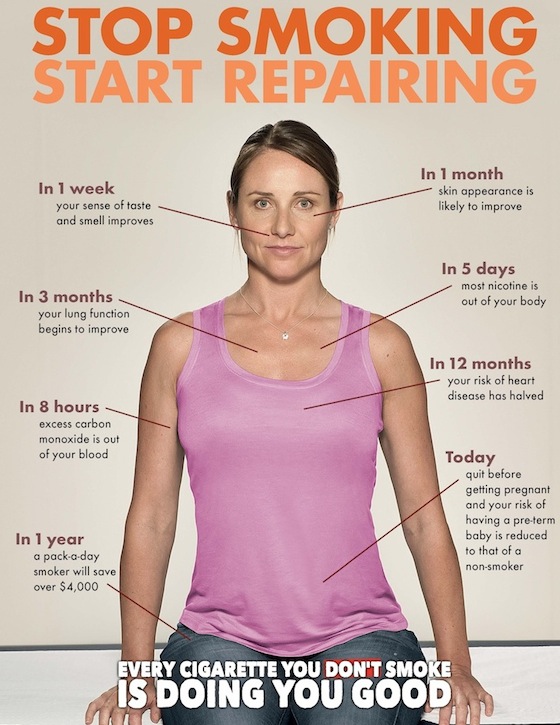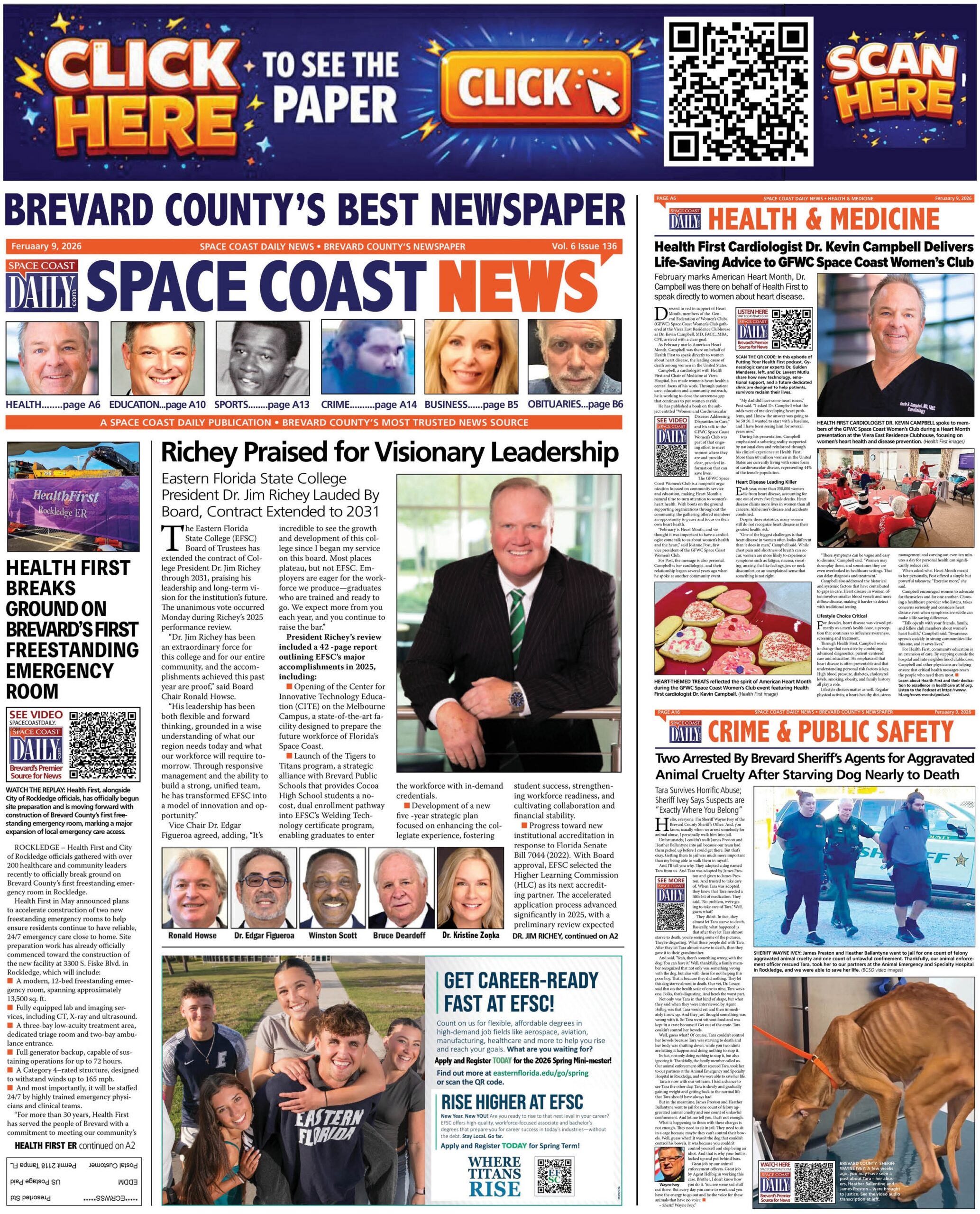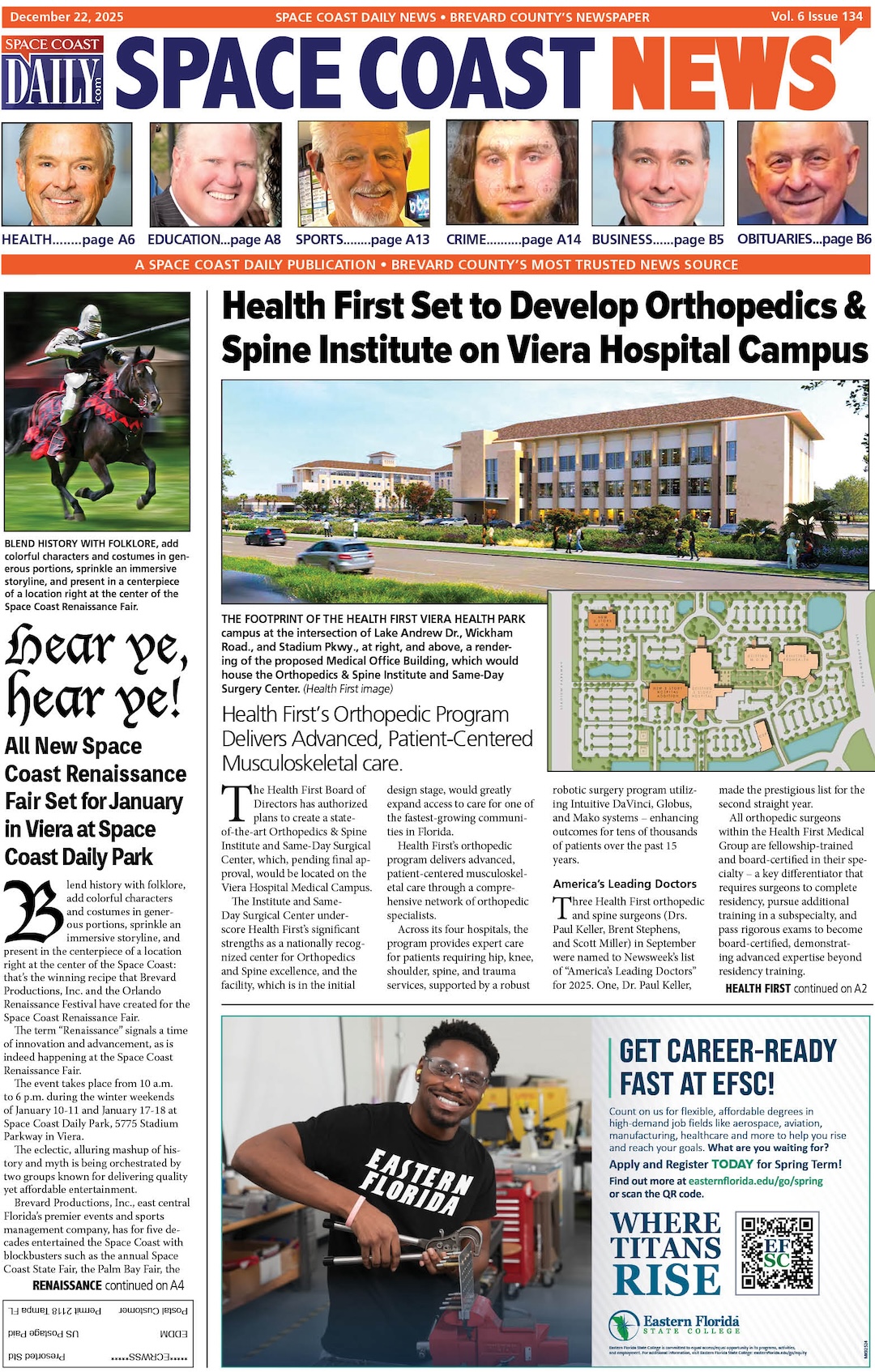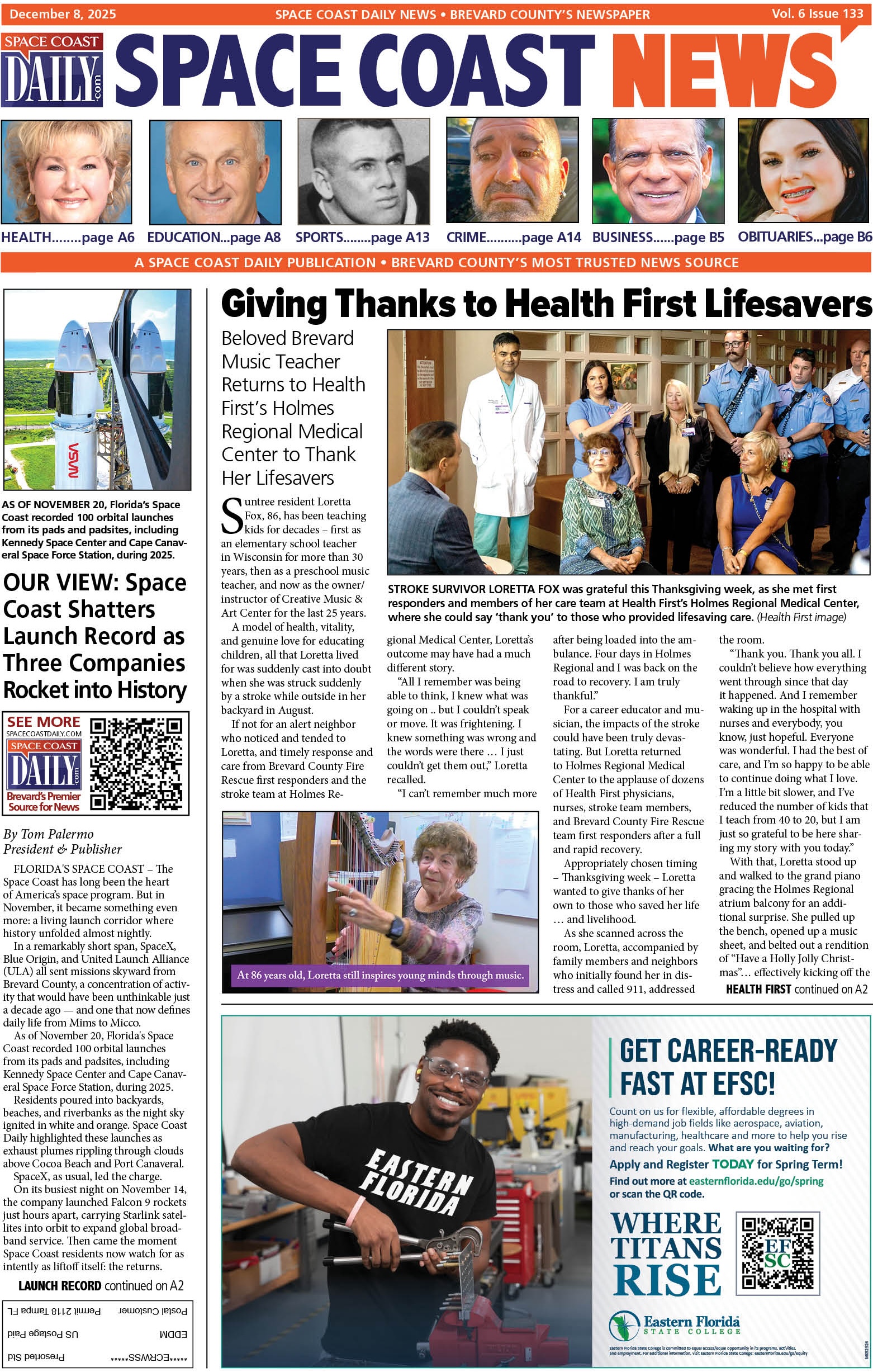New Years Resolution: Modify Risky Behavior By Focusing On Positive Benefits
By Arvind Dhople, PhD. // December 27, 2024
SPACE COAST DAILY TV
ABOVE VIDEO: “Quitting Smoking Timeline” emphasizes the positive effects of quitting smoking and how the body restores itself to health. (QuitSmokingCom)

BREVARD COUNTY • MELBOURNE, FLORIDA – According to research from the University College London and presented at the Proceedings of the National Academy of Sciences, campaigns to get young people to stop smoking may be more successful by focusing on the positive benefits, such as having more money and better skin, rather than emphasizing negative outcomes like increased disease risk.
YONG PEOPLE HAVE TENDENCY TO DISCOUNT BAD NEWS
These new findings suggest that young people tend to discount bad news while incorporating good news into beliefs, which might explain why they often do not respond to warnings of engaging in risky behavior.
We all make decisions based on what we believe may happen in the future as a consequence of our actions. We change our beliefs and choices based on information we gather from the world around us.
However, people have a natural tendency to ignore negative information when making decisions, a trait that may be particularly pertinent to young people, who tend to engage in more risky and dangerous behavior.
ALL AGES LEARNED BETTER FROM GOOD NEWS
The researchers asked volunteers age 9 to 26 to estimate how likely they think they are personally to experience a range of adverse life events, such as being involved in a car accident or getting lung disease.

They then showed the participants the actual statistics for such events and noted how each adjusted his or her beliefs after learning that the risk was higher or lower than their own estimate.
The results showed that younger participants were less likely to learn from information that shows them that the future is bleaker than expected.
In other words, even when they are aware of the true risks, they have difficulties using that information as a deterrent to risky behavior.
By contrast, the ability to learn from good news remained stable across all ages.
FOCUS ON POSITIVE EFFECTS OF BEHAVIOR MODIFICATION
The findings could help to explain the limited impact of campaigns targeted at young people that highlight the dangers of smoking, careless driving, unprotected sex, alcohol and drug abuse, and other risky behaviors.
The researchers suggest that reframing information to highlight beneficial outcomes of desired behaviors, such as an annual savings of $4,000 for those who quit smoking and the positive effect of reduced alcohol consumption on sports performance, rather than the dangers of undesired ones, could be most effective in modifying risky behavior.

The findings might partly explain why health warnings on risky product packages and marketing campaigns that focus on graphic images of diseased lungs have had little effect in reducing the number of teens taking up smoking.
If we are to stem the rise in preventable diseases, it is important that we understand how young people interpret risk and translate their beliefs into lifestyle choices that ultimately impact their future health.
We think we’re invincible when we’re young, and any parent will tell you that warnings often go unheeded.
These findings show that if you want to influence young people to appropriately adjust beliefs related to risky behaviors you might want to focus on the benefits that a positive change would bring rather than hounding them with horror stories.
CLICK HERE FOR BREVARD’S BEST HEALTH AND MEDICAL INFORMATION
ABOUT THE AUTHOR
Dr. Arvind Dhople graduated from the University of Bombay and then joined Johns Hopkins University School of Public Health, first as a postdoctoral fellow and then Asst. Professor. In 1980, he joined Florida Tech as a Professor and Director of their Infectious Diseases Lab. His specialty is microbial biochemistry and he performed research in leprosy and tuberculosis. He is a Fellow in the American Academy of Microbiology and has published nearly 150 articles in peer-reviewed journals. He has also served as an advisor to the World Health Organization, National Institutes of Health, German Leprosy Relief Association, and the Bill and Melinda Gates Foundation. He is Professor Emeritus at Florida Tech and a free-lance writer.
CLICK HERE FOR BREVARD COUNTY NEWS
















